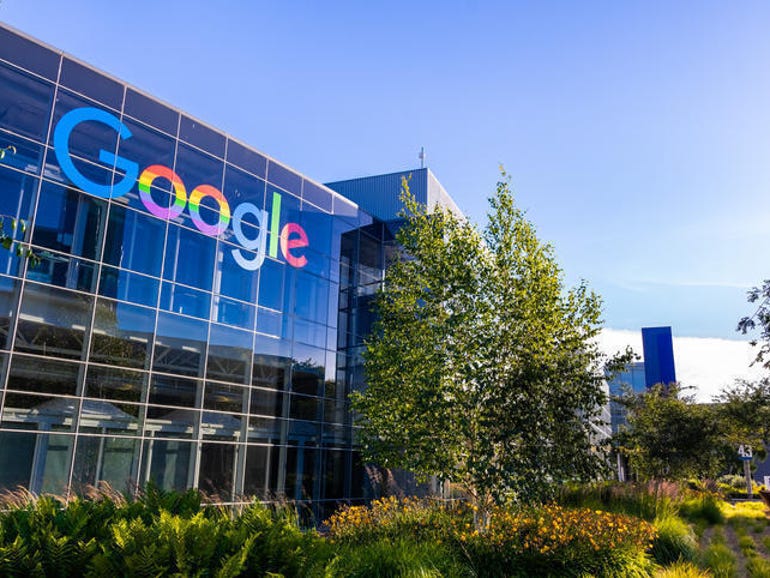
Google has appealed to the Biden Administration to agree to join a US-European technology council to prevent individual European countries and the US from erecting more hurdles to trade.
Google is urging the US to accept a recent proposal by the EU to establish a technology and trade council as a show of transatlantic strength and unity. The US and EU populations amount to almost one billion people, with trade between them worth trillions of dollars.
In December, the European Commission and the EU foreign affairs service issued an appeal to the US to cooperate more on cybersecurity and tech trade areas, including 5G, artificial intelligence, data sovereignty, digital supply chain security, taxes and antitrust investigations, which have ensnared Google, Apple, Amazon, and Facebook.
SEE: Guide to Becoming a Digital Transformation Champion (TechRepublic Premium)
The EU proposed the EU-US Trade and Technology Council (TTC), but hasn’t yet received support from the US.
“The United States should accept the invitation – and build on it,” said Karan Bhatia, Google’s vice president of government affairs and public policy, who served as the deputy US trade representative under the Bush Administration in the early 2000s.
“An expedited high-level trade dialogue on technology issues is critical to avoid unilateral approaches on pressing issues like data flows that are essential to commerce, regulation of digital platforms that we all use every day, and other essential components of a modern economy,” Bhatia said.
“A TTC could also prevent divergence on emerging areas like artificial intelligence and other advanced technologies and promote cooperation on third-country technology challenges.”
Google’s appeal to the Biden Administration follows a chaotic 2020 due to the pandemic, a wholesale shift to remote work, an ongoing trade war with China, and unprecedented cyberattacks like the SolarWinds incident that caught the West’s top cybersecurity firms off guard.
On top of this, the UK, Canada and some European countries are considering whether to emulate Australia’s controversial Media Bargaining Code.
Bhatia warned that trade obstacles with the EU even overshadowed the trade spat between China and the US. “Even more concerningly, the technology trade relationship between the U.S. and Europe – once one of the closest in the world – is fraying.”
“We’re all using digital tools, and recognizing the risks of abuse and the need for responsible innovation. But while well-crafted regulation can help unlock the benefits of technology, an explosion in national policies is detering trade in technology,” Bhatia said.
“Those barriers include not just tariffs (which have also beset other sectors), but also trade controls, discriminatory taxes, investment restrictions and novel digital regulations aimed straight at foreign-headquartered companies. In short, we’re seeing the erosion of a carefully nurtured global trading system that has contributed to progress and prosperity in the U.S. and around the world.”
SEE: The EU wants to build its first quantum computer. That plan might not be ambitious enough
The stakes are high for a company like Google. Bhatia is pushing the US to avoid establishing new privacy or technology trade regulations without discussing things with EU lawmakers.
“In entering a TTC, both sides should commit to meaningful consultation before taking any further actions harming transatlantic tech trade. The U.S. should not enact new privacy or technology trade control regulations without consulting with the EU; the EU should pursue bilateral consultation to ensure technology initiatives like the Digital Markets Act reflect the EU-U.S values-based alliance,” says Bhatia.




















